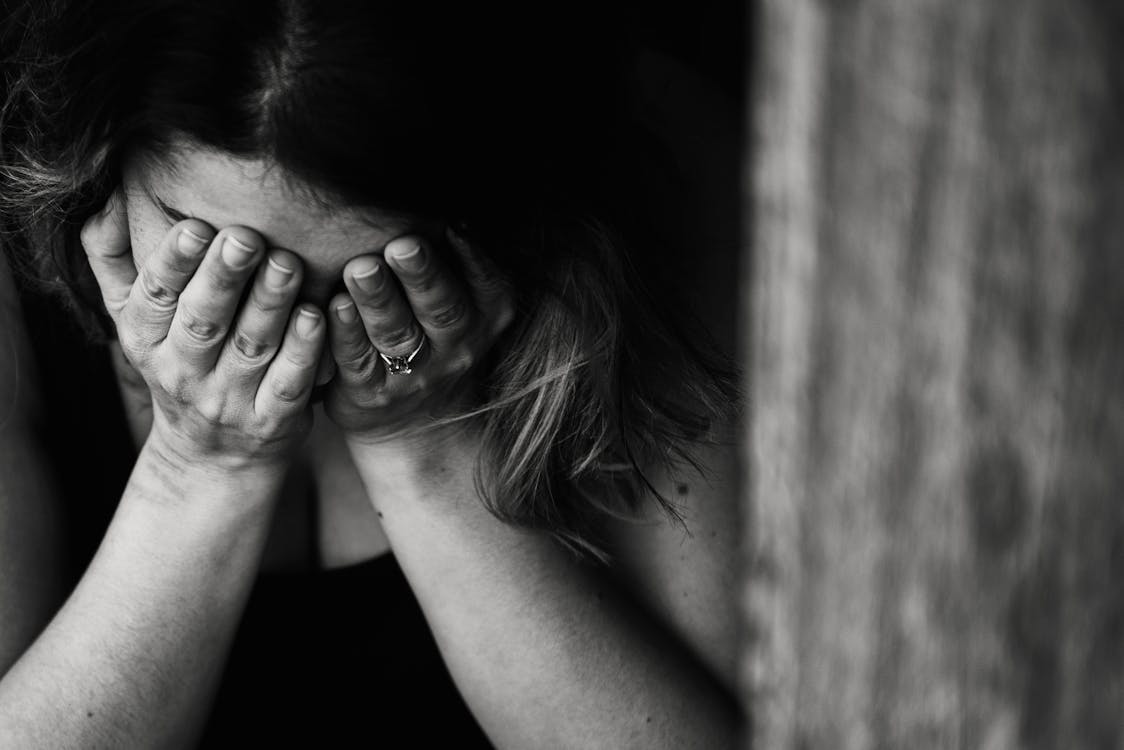Congratulations! You’ve been accepted to work in the big city and just now you’re already planning every single detail of your big move. Moving out for the first time can lead to a flurry of activities and it can push you to exhaustion. You start thinking about all the clothes you have to pack, the bills to be paid and the things you need to purchase. All of this can lead to an anxiety attack. You may experience palpitations, nausea, and even numbness. But fret not, because there are ways on how to best manage this.
Here are surefire tips on how to manage an anxiety attack when moving out for the first time:
Control your breathing
One effective way to manage an anxiety attack is by taking deep breaths. It will prevent you from hyperventilating and reduce the possibility of a full-blown attack. Take deep breaths through your mouth and feel the air as it slowly fills your chest and belly. Then, slowly breathe the air out and repeat the process a few times until you feel completely relaxed.
Being mindful
An anxiety attack resulted in a feeling of detachment and separation from reality. To counter this, be sure to practice mindfulness by focusing on familiar physical sensations such as feeling the texture of your clothes or the soil underneath your bare feet. By doing so, it allows you to have something objective to concentrate on.

Practice muscle relaxation techniques
The use of muscle relaxation techniques controls the body’s response and helps to stop a major anxiety attack. You can do this by relaxing one muscle at a time, starting from your fingers, to your hands, shoulders and eventually your entire body. An anxiety blanket can also aid muscle relaxation and relaxes the nervous system as it provides deep pressure stimulation. According to Justin Scanlan Ph.D., a University professor of occupational therapy, the deep pressure helps reduce anxiety by acting on the autonomic nervous system. Most importantly, this type of blanket also promotes restful sleep and has therapeutic benefits.
Always have lavender or chamomile around
Lavender has long been known to relieve stress and relax the body. Always make sure to have lavender essential oil around and in the event of an anxiety attack apply it liberally on your forearms and inhale its scent. Lavender tea is potent in calming and relaxing your senses while chamomile tea also provides relief and calmness. Chamomile has antioxidants and promotes digestive health. It also allows you to have a restful sleep, controls the blood sugar and protects from certain cancer types.
Do light exercise
Anxiety is often due to stress and to prevent it try to do light exercises such as swimming or hiking which releases endorphins and results in a happy mood. Swimming is a good cardio exercise and builds endurance and strength while hiking is also a good way to tone the body. Exercise releases endorphins that bring about feelings of well-being and even euphoria. However, if you’re experiencing shortness of breath it is not advisable to engage in light exercise.
Take anti-anxiety medicine
Short-term use of anti-anxiety medicine or benzodiazepines is effective and safe in treating anxiety attacks. It’s a prescription medication so an anxiety and panic disorder diagnosis is needed.
Think happy thoughts
An anxiety attack is inevitable if you’re stressed due to moving out for the first time but you can best manage this by thinking of happy thoughts and picturing out places that conjure happiness and relaxation. It could be a white sand beach with crystal blue waters or a picturesque cottage with a majestic view of snow-capped mountains. This allows you to relax and calm down
Recite a personal mantra internally
A personal mantra can help distract you from a panic attack. Repeating a personal mantra or words of self-encouragement and motivation is reassuring and it relaxes you while giving you something to focus on during an attack.
Close your eyes
Images, movement and everything that we see during an anxiety attack can aggravate the situation further. It’s best to close your eyes so it can block everything else and allows you to focus on breathing properly and deeply.
Focus on a particular object
During an anxiety attack be sure to train yourself to focus on a single thing or object such as a chair, clock or even the TV. Concentrate on the features of that object such as its color, size, shape, and texture. This action allows you to focus on something else aside from the attack and it will eventually subside.
Acknowledge that you’re having an anxiety attack
Remind yourself that you’re having one at the moment but that it will soon pass. Calm yourself and don’t fight off the symptoms. By gathering your thoughts together it will help you relax and gain control of yourself.
While an anxiety attack happens at no particular time of the day it’s also worthy to note that it isn’t quite similar to a panic attack. First, it is not a diagnosable condition compared to the latter which could be a panic disorder symptom. Second, it develops due to a person’s anxiousness while a panic attack occurs even when you’re calm or in a relaxed mood. Third, the former has a specific trigger like a relationship issue or moving out for the first time while the latter doesn’t have a particular trigger at all. Fourth, it is less serious compared to the latter which can have very severe indications. Lastly, its symptoms may range from heart palpitations to a knot in the stomach while a panic attack’s symptoms may include intense feelings of terror.

Moving out for the first time is stressful and entails responsibility, attention and financial capability. The tendency to feel the pangs of anxiety is unavoidable especially if you have a lot of things to take care of. However, it can be easily managed with the proper guidance and by keeping in mind the steps that were discussed earlier.
